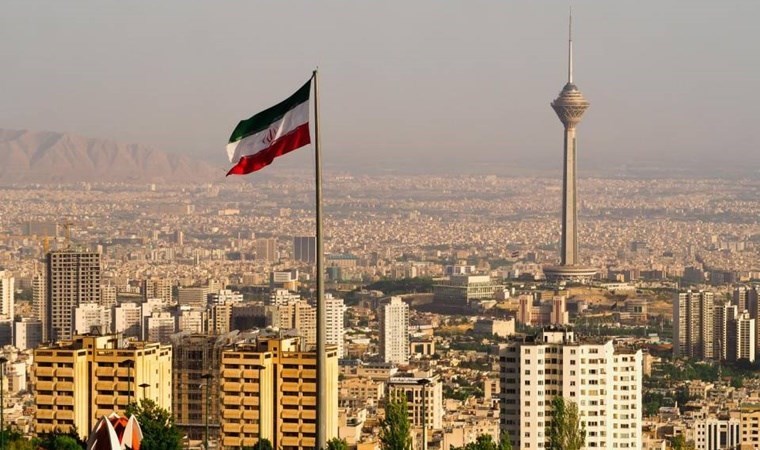
Iran stands out as one of the countries with the most complex and rich history in the Middle East. The Persian Empire's enormous civilizational heritage, its rich cultural structure shaped by the influence of Islam, and its geopolitical position make Iran historically and strategically important.
The ancient capitals of the Persian Empire are filled with works of art, architecture, and literature that still fascinate visitors today. Persian culture has made great contributions to world history and shaped Iran's identity. However, with the spread of Islam, elements of Islam were added to Persian culture, and this determined the cultural structure of modern Iran.
Geopolitically, Iran occupies a strategic position in the heart of the Middle East. With its access to the Persian Gulf, the Caspian Sea and Central Asia, it has become an actor that determines its relations with other powers in the region. In addition, Iran's relations with its neighbors have a direct impact on regional stability and security. Its relations with its neighbors such as Iraq, Afghanistan, Turkey and Pakistan shape the regional balance of power, while its international relations play an effective role in global politics.
Economically, Iran has an economy that relies heavily on energy resources. While oil and gas revenues form the country's economic mainstay, it also faces factors such as international sanctions and domestic political uncertainties. Economic problems such as high inflation, unemployment, and income inequality affect the living standards of the Iranian people, causing social unrest. These challenges reveal the need for change in Iran's economic and social structures.
Politically, Iran is governed as an Islamic state under the name of the Islamic Republic. There is a complex political system balanced by religious leadership and political authority. Political freedoms and human rights issues are important topics of discussion in Iran. Issues such as press censorship, freedom of expression, and the restriction of political dissent have an impact on the country's political stability and democratic development. However, Iran's efforts in the democratization process and political reforms are promising for the country's future.
Culturally, Iran has a rich historical and cultural heritage. The ancient ruins of the Persian Empire, combined with Islamic architecture and art, have contributed to the creation of a unique cultural identity in modern Iran. Although Iran belongs to the Shia sect of Islam, it is home to a variety of religious and ethnic groups. This increases the cultural diversity and richness of the country.
Finally, Iran's present and future are shaped by promising opportunities along with internal and external challenges. Iran has survived and adapted to the changes it has experienced throughout history. Today, the country is facing economic and political reforms, and these reforms are critical to Iran's future development and stability. The future depends on Iran strengthening its role in the regional and global arena by preserving its cultural heritage and improving its international relations. Iran, with its changing face from the past to the present, looks to the future with hope.
Finally, Iran's present and future are shaped by promising opportunities along with internal and external challenges. Iran has survived and adapted to the changes it has experienced throughout history. Today, the country is facing economic and political reforms, and these reforms are critical to Iran's future development and stability. The future depends on Iran strengthening its role in the regional and global arena by preserving its cultural heritage and improving its international relations. Iran, with its changing face from the past to the present, looks to the future with hope. The migration of Iranians to Europe emerges as a reflection of this changing face. In recent years, the wave of migration from Iran to Europe has increased. The reasons for migrations include economic hardship, political pressures, and flight from conflict zones. European countries accept many Iranian refugees. Iranian immigrants may face a variety of challenges in their new country. Language barriers, cultural differences, and difficulties in finding jobs can complicate the integration process of Iranian immigrants. However, many Iranian immigrants successfully settle in their new country and contribute to society. The presence of Iranians in Europe shapes the social, economic and cultural fabric of societies, while also contributing to economic growth and diversity.
You may be interested in
New projects
Most recently launched projects to explore.

